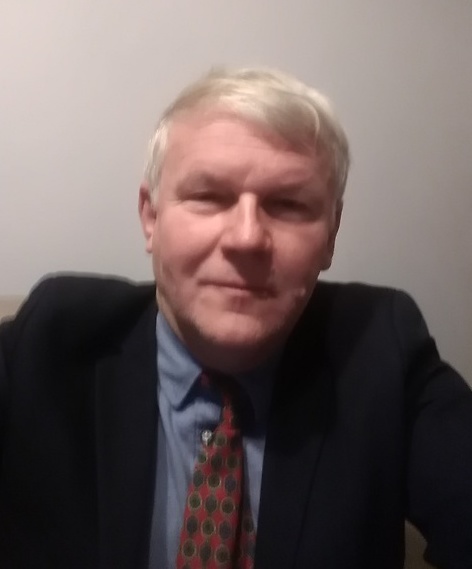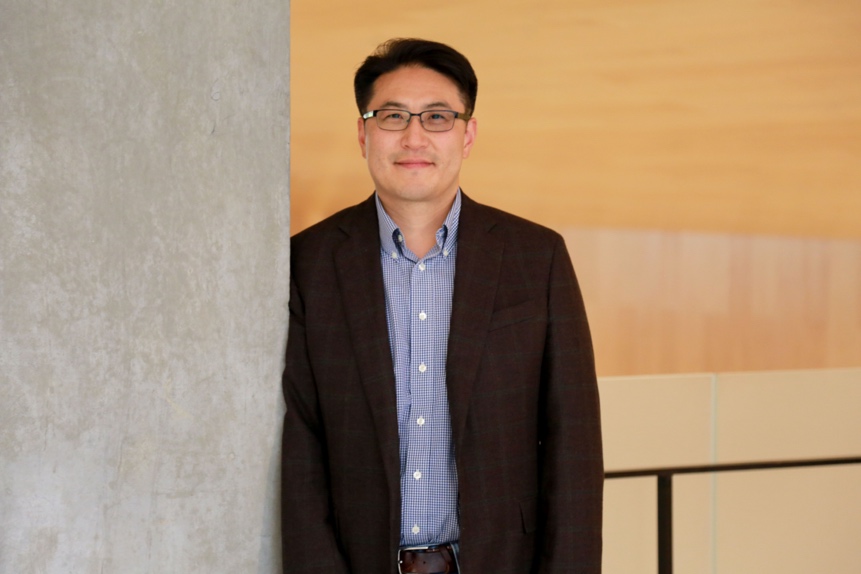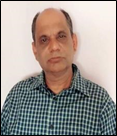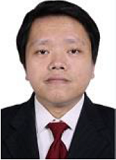Keynote Speakers|

His recent activities include using of mechanical resonance in machine drive systems as well as the energy saving’s in machine drives. He is member of International Institute of Acoustics and Vibration IIAV.
Speech Tilte: Improving the Efficiency of Machine Drive Systems with the Use of Controlled Mechanical Resonance
The effectiveness of a machine in transforming the power input to the device to power output holds a crucial role in the achievement of maximum efficiency. In most machines with oscillating motion, i.e., reciprocating motion such as the slider crank mechanism where the rotation of the crank drives the linear movement of the slider for instance, a substantial amount of power consumption is used to shift the translational motion direction of the slider.
Fundamentally, during resonance, the driven elements in the mechanical system tend to effectively absorb the provided kinetic energy when the frequency of its repetitive movement, a central value, matches the system's natural frequency. In this sense, if the proper techniques for the exploitation of mechanical resonance can be applied in the system, the energy transfer from the driving source could be optimally received by the driven element of a mechanism throughout the state of resonance.
The total mechanical energy and the vibration amplitude of the mass in an oscillator at resonance are increasing to certain values, which depend on the damping. In steady state conditions at resonance, the delivered energy is equal to the energy dissipated in the oscillator. During resonance and due to the amplification of the vibration amplitude, energy in the oscillator will be accumulated. The accumulation of energy is similar to that in a flywheel. A possibility of sequential energy extraction from mechanical resonance and its application to the example of a punching press and a machine with crankshaft system has been presented.

Associate professor Patrick C. Lee, The University of Toronto, Canada.
Dr. Lee is an Associate Professor in the Department of Mechanical and Industrial Engineering at the University of Toronto. He received his B.Sc. degree in Mechanical Engineering from the University of British Columbia, and then obtained his M.A.Sc. and Ph.D. in Mechanical Engineering from the University of Toronto in 2001 and 2006, respectively. Then he pursued Postdoctoral study in the Department of Chemical Engineering and Materials Science at the University of Minnesota. Dr. Lee began his professional career at The Dow Chemical Company in 2008. He was a Research Scientist and Project Leader in Dow’s Research and Development organization. Dr. Lee joined the Department of Mechanical Engineering at The University of Vermont as an assistant professor in 2014. Since joining UVM, he created his own research platform on the lightweight and smart composite structures. He joined the Department of Mechanical and Industrial Engineering at The University of Toronto starting July 1st, 2018.
Dr. Lee’s research areas focus on polymer foam processing and characterization, and processing-structure-property relationships of nano-composites. He has 62 journal papers, over 100 refereed conference abstracts/papers, 2 book chapters, and 20 filed/issued patent applications. He is the PI or co-PI on domestically and internationally awarded grants from various government agencies and industries. Among his honors, Dr. Lee received the G.H. Duggan Medal from Canadian Society for Mechanical Engineering (CSME) in 2020, the AKCSE Early Achievement Award in 2019, the US National Science Foundation Early Faculty Career Development Award (NSF CAREER) in 2018, the Polymer Processing Society (PPS) Morand Lambla award in 2018, the Hanwha Advanced Materials Non-Tenured Faculty Award in 2017, and 3 best paper awards from the Society of Plastics Engineer (2005, 2 in 2011).

Professor Krishna Murari Pandey, National Institute of Technology Silchar, India.
Prof. K. M. Pandey did Ph.D in 1994 from Department of Mechanical Engineering IIT Kanpur, India in 1994. Currently he is working as Professor (HAG) of Mechanical Engineering at National Institute of Technology, Silchar, Assam in India since September 2018 and as Professor since May 2006. He obtained B. Tech in Mechanical Engineering from BHUIT Varanasi in 1980 now known as IITBHU and M. Tech in Heat Power engineering in 1987 from the same Institute. He has authored more than 135 research papers in SCI/SCIE/ Scopus indexed Journals and Conferences. His h-index is 16 in Scopus and SCI and 22 in google scholar. He has also authored 6 books and 9 book chapters. Currently he is working in the area of thermofluids and manufacturing sciences. He has also served as seconded faculty consultant at CPSC, Manila, Philippines in 2002. He has served NIT Silchar as Dean Faculty welfare and Dean Research in the year 2011 and 2012. He has served as Head of Department for two terms of 3 years at NIT Silchar. He is taken as member of BOG, NIT Silchar twice. He is a fellow of Institution of Engineers India and member of ASME. He is life member of Welding Society of India and life member of Fluid Mechanics and Fluid Power Society of India. .. Prof. K M Pandey had been key note speaker and co-editor in 2nd Annual International Conference on Advanced Material Engineering [AME2016], April 15-17, 2016, Wuhan, Hubei, China., keynote speaker in in International Seminar in Advances in Materials Science and Engineering, Singapore, 22-24 June 2018 and Key note Speaker and General Chair 5th International Conference on Green Materials and Environmental Engineering (GMEE2019), Guangzhou, China, Dec 27 - 29 2019. He is taken as member of editorial boards and reviewer in many reputed International Journals.

Speech Tilte: A Nonlinear Framework of Layered Intelligence for Video-based Recognition